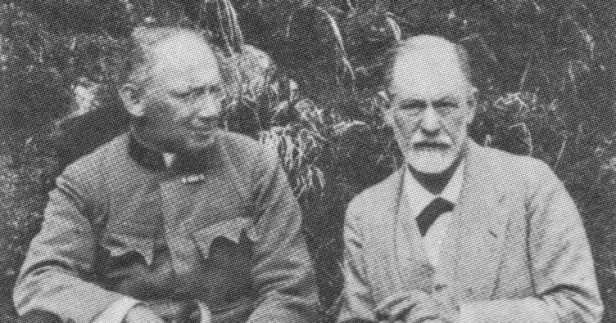
Sándor Ferenczi and the Budapest School of Psychoanalysis
2nd session of the Seminar “Rethinking Psychoanalysis in Central Europe: Transnational and Interdisciplinary Perspectives”
When: Tuesday, May 17, 2022, 4:00-6:00 pm
Where: At CEFRES and online (to register please contact claire@cefres.cz)
Language: English
Coordinator and discussant : Agnieszka Sobolewska (University of Warsaw/Sorbonne Université/CEFRES)
Guest-speakers :
- Judit Mészáros (Hungarian Psychoanalytical Society/Eötvös Loránd University)
- Mónika Takács (Sándor Ferenczi Society/International Sándor Ferenczi Network)
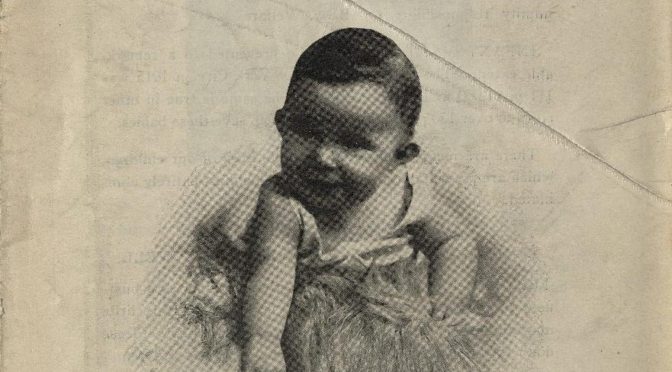
Planning from the future. Population Forecasting as a Scientific Instrument of Population Control
7th 2022 Session of CEFRES Seminar
When: Wednesday 11 May 2022, 4:30–6:30 pm
Where: At CEFRES and online (to register, please contact claire(@)cefres.cz)
Language: English
Host: Nikola Ludlová (CEFRES)
Abstract
Predictions of the size and other demographic characteristics of human populations at specified future dates have played an important role in the shaping of population policies. The interest in envisioning future development as part of state governance dates back to antiquity, but the modern population forecasting as a scientific enterprise emerged along with the constitution of statistics and demography as scientific disciplines during the 19th century. Continue reading Population Forecasting as a Scientific Instrument of Population Control →

The Philosophical Horizon as a Singularity of French Anthropology
6th 2022 Session of CEFRES Seminar
When: Wednesday 20 April 2022, 4:30–6:30 pm
Where: At CEFRES and online (to register, please contact claire(@)cefres.cz)
Language: English
Host: Emmanuel Désveaux (EHESS)
Abstract
From Durkheim to Descola, via Mauss, Lévi-Strauss, Clastres and Godelier, and even Alban Bensa, a constancy is observed in French anthropology: the quest for universals in the gift, the exchange of women, the nature of government, or even the perception of nature and the significance of power relations. Continue reading The Philosophical Horizon as a Singularity of French Anthropology →
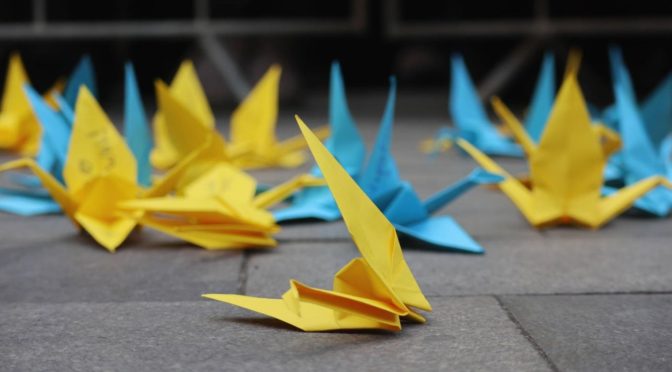
Belarus and the Russian Invasion in Ukraine
2nd session of “CEFRES Webinars for Ukraine” organized in partnership with the GDR Connaissance de l’Europe médiane
Date: Wednesday 20th April 2022, 12:00-13:30
Location: online (to register, write at the address cefres@cefres.cz)
Language: English
Convenor and moderation: Ronan Hervouet (CEFRES / University of Bordeaux)
With the participation of
- Milàn Czerny, Belarus Observatory, Oxford University
Belarus, Still a Sovereign State?
- Yauheni Kryzhanouski, Sciences Po Strasbourg
The Ukrainian Conflict Seen by the Belarusian Society
- Anna Talarionok, Charles University
Belarusian Exiles Caught in the Ukrainian Conflict
A complete presentation of the seminar is available and downloadable here.
Continue reading Belarus and the Russian Invasion in Ukraine →
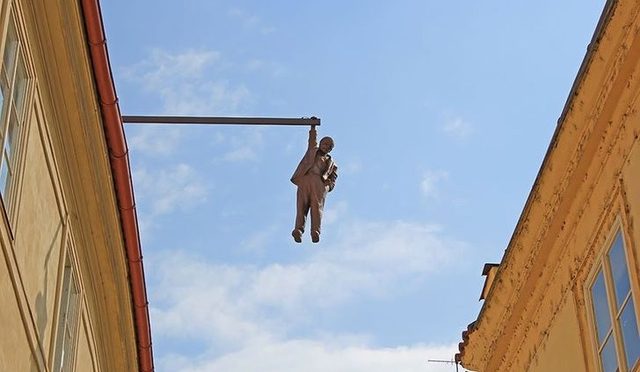
Psychoanalysis in Czechoslovakia (1918-1939):
Freud’s Theories Between Czech and Slovak Art, Literature, Philosophy, and Politics
1st session of the Seminar “Rethinking Psychoanalysis in Central Europe: Interdisciplinary and transnational perspectives“
When: Tuesday, April 19, 2022, 4:00–6:00 pm
Where: At CEFRES and online (to register, please contact claire(@)cefres.cz)
Language: English
Coordinator: Agnieszka Sobolewska (University of Warsaw/Sorbonne University/CEFRES)
Guest-speaker : Adam Bzoch (Slovak Academy of Sciences)
Discussants:
- Paweł Rodak (University of Warsaw)
- Jean-François Laplénie (Sorbonne University)
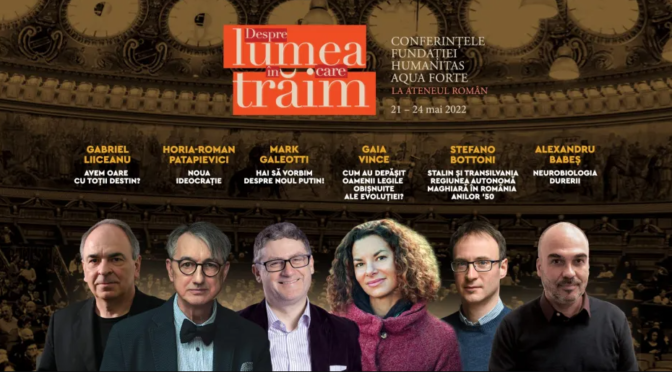
How to study Romanian conservative intellectuals in transnational perspective?
5th session of CEFRES Seminar
When: Wednesday 6 April 2022, 4:30 pm
Where: CEFRES and online (to register please contact claire(@)cefres.cz)
Language: English
Host: Anemona Constantin (CEFRES/Charles University)
Abstract:
“Populist,” “illiberal,” “nationalist,” or “conservative”: these are some common ways to refer nowadays to political actors, social movements, or intellectuals who criticize liberalism. These overused, worn-out, and often abused labels have been reinvented despite some obvious theoretical flaws and methodological biases. Perhaps, because these terms are fulfilling a vital social and political function – naming and shaming what appears to be at the climax of the ideological undesirability – they continue to be widely used in the media and by social scientists. A few questions emerge naturally: how to engage with a research field undermined by so many negative preconceptions? How to study an object labeled in such a derogatory way? Which research methods would allow us to break with the common beliefs and approach the conservative mobilizations more reflexively?
To answer these questions, the presentation examines a specific case: the Romanian conservative intellectuals and their contribution to the political debates that have challenged since 2007 the “liberal consensus” established in Central and Eastern Europe (CEE) after the demise of state- socialism. By “liberal consensus,” I understand discourses that have accepted and promoted human rights (including minority rights and tolerance towards cultural, religious, and gender diversity), the market economy, the rule of law, and the European integration. By “conservative” intellectuals, I understand public figures who define themselves as such.
Continue reading How to study Romanian conservative intellectuals? →






